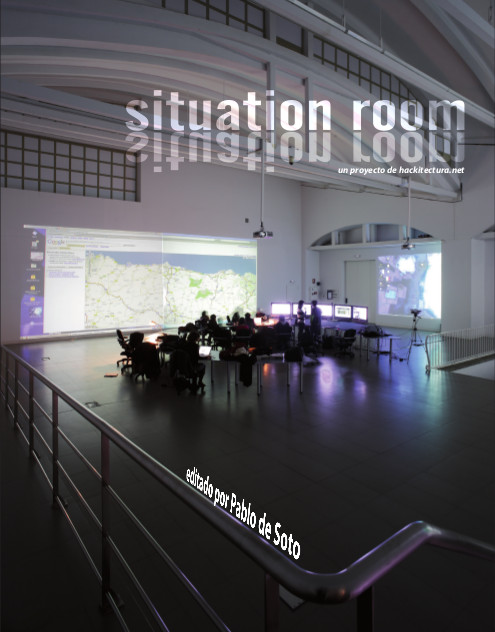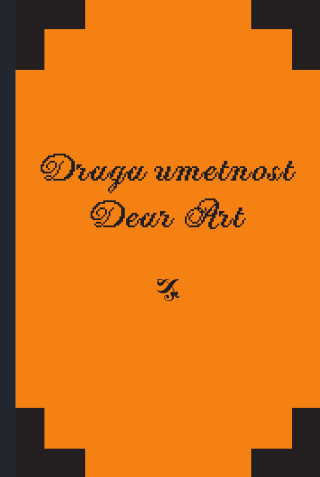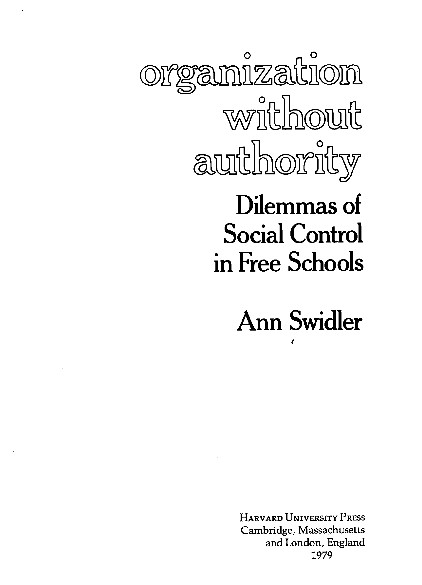Situation Room: Designing a Prototype of a Citizen Situation Room (2010) [English/Spanish]
Filed under book | Tags: · architecture, capitalism, cartography, cybernetics, military

The term Situation Room is normally used to designate a secret place used in times of crisis to assess and monitor data for decision making purposes. Its origins can be traced back to World War II with the invention of computers, digitalization, and the collaboration of architects and the military. These rooms are equipped with monitors and data boards used to control everything from flows crossing the strait of Gibraltar to nuclear fission processes in Nuclear Power plants and the life support mechanisms on board the International Space Station.
“Rather than being afraid of control, and technologies in general, we prefer to think in terms of social appropriation and implementation with research and creativity; we even think that, as Cybersyn shows, the source of technological creativity actually lies in social cooperation, and that it is only later captured by the military or capitalism.” -Hackitectura
Idea: José Pérez de Lama y Pablo de Soto
Editors Pablo de Soto & Hackitectura
Publisher dpr-barcelona, June 2010
Creative Commons Attribution-NonCommercial-ShareAlike 3.0 License
ISBN 9788461415045
112 pages
What, How and for Whom (eds.): Dear Art (2012)
Filed under booklet, catalogue | Tags: · art, art system, autonomy, contemporary art, institutional critique

“Dear art,” Mladen Stilinović wrote in 1999, “I am writing you a love letter to cheer you up and encourage you to come and visit me some time”. Always acutely aware of his own complicity and involvement, in his address to art Stilinović intimates a set of troubled, poetic, enigmatic and modest observations on the standing of art in the contemporary world, its reception and distribution. But he also questions the value of art, which far too often is translated exclusively in monetary terms, or as he puts it: “quick manipulation, quick money, quick oblivion”.
As in several previous shows curated by What, How and for Whom/WHW, Dear Art takes its title from a work by Mladen Stilinović, and once again its wager is set on the “classical” exhibition format. Amidst the disillusionment created by the persistent feeling of failure (coming from the fact that attempts for a radical reconfiguration of art and cultural production in general always become almost immediately spectacularized), Dear Art insists on the obstinate repetition of what has become the curatorial method. Obsessed with the interconnectedness of art and politics and plagued by the nature of art’s “inefficiency,” it attempts to ask necessary questions: Why do we still need art, and what is it that we expect to get from art today? What is its promise, and what do we promise it in return? And what happens when this promise is broken, betrayed, and just plain exhausted?
“Dear Art” approaches questions of the artist’s autonomy and art’s necessity through works that deliberately blur the relationship between engagement, self-referentiality and aesthetics. Engaged with a range of contradictory, heterogeneous methods that affirm endurance, endure indecisiveness, face misunderstandings and reassert allegiances, the works included address the ways in which misunderstanding, confusion, regret, possession, appreciation and devaluation, support and solidarity play out in contemporary art practice, and in defining one’s practice in relation to discussions on reconfiguring the field of art and its relationship to the political.
The exhibition is accompanied by a publication, with texts by Mladen Stilinović, WHW and Stephen Wright, featuring works by Mounira Al Solh & Bassam Ramlawi, Halil Altindere, Rossella Biscotti, Chto delat?, Every Man is a Curator / Jeder Mensch ist ein Kurator. An archive as a tool, Fokus grupa (Iva Kovač & Elvis Krstulović), Siniša Ilić, Sanja Iveković, Janez Janša, Janez Janša, Janez Janša, Lutz Krüger, Marina Naprushkina, Hila Peleg in collaboration with Tirdad Zolghadr & Anton Vidokle, Cesare Pietroiusti, Public Library (Luka Prinčič, Marcell Mars, Tomislav Medak, Vuk Ćosić), Greg Sholette, Mladen Stilinović, and Wendelien Van Oldenborgh.
Publisher Moderna galerija, Ljubljana, November 2012
56 pages
exhibition (29 November 2012 – 10 February 2013, Museum of Contemporary Art Metelkova, Maistrova 3)
Comment (0)Ann Swidler: Organization without Authority: Dilemmas of Social Control in Free Schools (1979)
Filed under book | Tags: · 1960s, 1970s, counterculture, education, organization

“This is a study of alternative organizations–the free schools, communes, and collectives that grew out of the radical and political movements of the 1960s. The drama of that decade, reverberating into the 1970s and beyond, was significant for American culture and American organizational life. Yet we are still puzzled by the changes the sixties brought. This book speaks to that puzzlement, offering a systematic analysis of the characteristic organizations produced by the sixties–organizations that rejected hierarchy and authority in the attempt to devise more liberating forms of human cooperation.” (from the Preface)
Publisher Harvard University Press, 1979
ISBN 0674643402, 9780674643406
199 pages
PDF (no OCR)
Comment (0)
